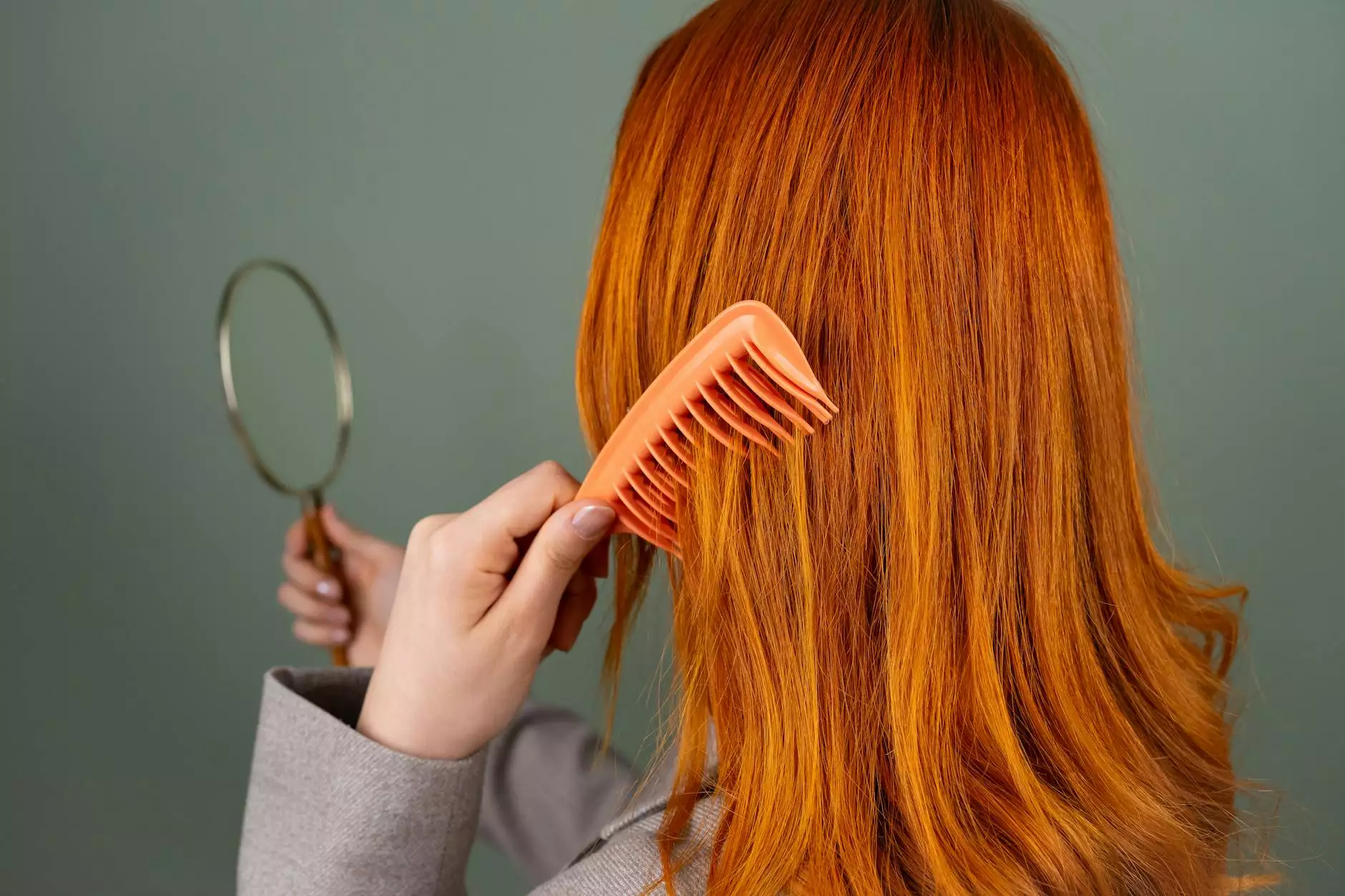The Essential Guide to Salon Suite Lease Agreements

In today's thriving beauty industry, a salon suite lease presents an exceptional opportunity for stylists and beauty professionals to cultivate their own brand and clientele while enjoying autonomy in their work environment. This detailed guide will unveil the significant components of a salon suite lease agreement, ensuring both lessors and lessees are well-informed and protected. Let’s delve into each crucial element of this agreement.
Understanding the Parties Involved
Every lease agreement begins by clearly identifying the parties involved. This includes:
- Lessor: The salon owner or management responsible for renting out the suites.
- Lessee: The stylist, nail technician, or any professional renting the salon suite.
Clearly defining these roles helps to establish authority and responsibilities within the lease framework, providing a solid foundation for the agreement.
Defining the Premises
Premises refer to the specific salon suite being rented, alongside any shared spaces that are part of the contract. Essential features to detail include:
- Description of the Suite: Clear dimensions, layout, furnishings, and amenities.
- Shared Spaces: Information on communal areas like waiting lounges and restrooms that further enhance customer experiences.
The Term of Lease
The term of lease outlines the duration of the rental agreement.
- Start and End Dates: It specifies when the lessee can commence operations and when the lease will conclude.
- Renewal Options: Clauses about potential extensions, ensuring continuity for successful beauty professionals.
Rent Details and Payment Terms
Financial clarity is crucial in any commercial agreement, particularly with the rent section. This area includes:
- Monthly Rent Amount: Stipulated costs and terms that seem fair and accessible to both parties.
- Payment Schedule: Due dates for payment, and methods accepted like checks, bank transfers, or electronic payment systems.
- Late Fees: Conditions under which late fees will apply, helping to enforce timely payment.
Security Deposit Policies
The security deposit acts as a financial safeguard for the lessor, ensuring the property is maintained in good condition. Key aspects include:
- Deposit Amount: Typically equivalent to one or two months' rent.
- Return Conditions: Conditions for receiving back the deposit upon termination of the lease, considering any damage or unpaid fees.
Utilities and Services
Among the many amenities included in a salon suite lease, the utilities and services section covers essential provisions such as:
- Included Utilities: Water, electricity, and internet access may be included in the rent, preventing unexpected expenses.
- Cleaning and Maintenance: Details about who is responsible for regular upkeep and whether additional fees are involved.
Permitted Use of Premises
Understanding the use of premises clause is fundamental for all operators:
- Activities: Defines what services can be performed in the suite, ensuring compliance with local regulations.
- Operating Hours: Guidelines on business hours to maintain harmony among tenants.
- Restrictions: Any prohibitions on activities that could jeopardize other tenants or violate health codes.
Insurance Requirements
To protect both lessor and lessee, the insurance requirements stipulate that the lessee must obtain liability insurance covering their business operations within the suite. Key considerations include:
- Proof of Coverage: Lessees may be required to present valid insurance documentation before opening.
- Minimum Coverage Amounts: Defines the minimum amounts for coverage, which can vary based on local regulations.
Maintenance and Repairs Responsibilities
Another critical aspect involves the maintenance and repairs of the salon suite:
- Lessee Responsibilities: Typically covers the cleanliness of their suite and minor repairs.
- Lessor Responsibilities: Generally involved in maintaining the structural integrity and major repairs of the building.
Understanding the Termination Clause
Having a clear termination clause helps both parties understand when the lease can be legally ended. This section should include:
- Conditions for Termination: Scenarios under which either party may terminate the lease.
- Notice Period: Required notice length before vacating, often 30 to 60 days.
Indemnification and Liability
Indemnification clauses are fundamental in protecting the interests of both the lessor and lessee. This section addresses:
- Liability for Accidents: Defines who is responsible for any injuries or damages occurring within the suite.
- Waivers: Legal protections for the lessor against claims triggered by lessee activities.
Governing Law
Finally, the governing law clause indicates which jurisdiction's laws will apply to the lease agreement. For instance, this may include:
- Local Jurisdictions: Laws applicable based on the salon's location.
- Dispute Resolution: Outlines processes for resolving disputes without litigation, where feasible.
Signatures: Finalizing the Agreement
To conclude, both parties must provide their signatures to validate the agreement. This signifies their acceptance of the outlined terms, and it is recommended to retain copies for both parties for future reference.
The Benefits of Salon Suite Leases
Salon suite leasing has surged in popularity among beauty professionals for several compelling reasons:
- Independence: Stylists can run their own business and set their own hours.
- Personal Branding: Freedom to create a unique space that reflects their style and philosophy.
- Client Relationships: Direct interactions build stronger relationships without middlemen.
- Financial Autonomy: Control over pricing and potential for higher earnings compared to traditional employment.
Conclusion: Thriving in Your Salon Suite
Navigating a salon suite lease can be a transformative step for many beauty professionals. By understanding the critical components and diligently negotiating favorable terms, you can set the stage for a successful business venture within the vibrant beauty industry. Always consider consulting with a legal professional to ensure that your interests are fully protected and to facilitate a smooth leasing process. Your dream of running a successful salon suite awaits!









